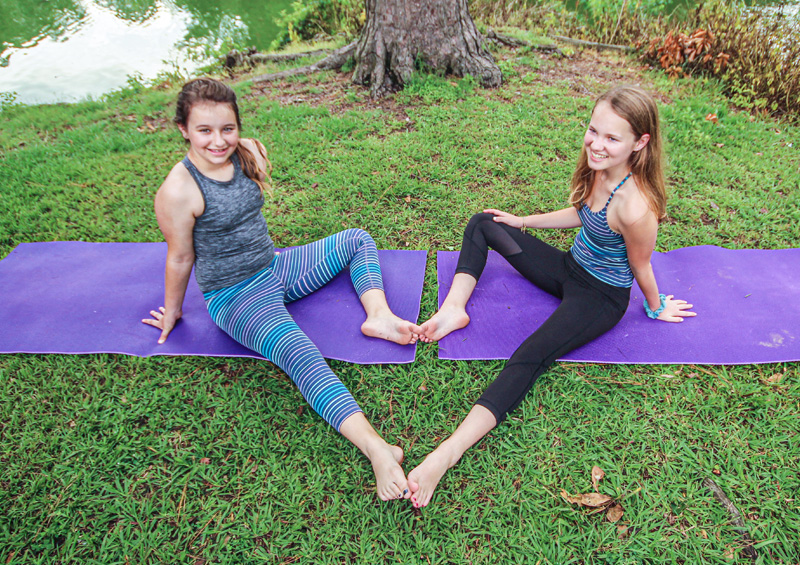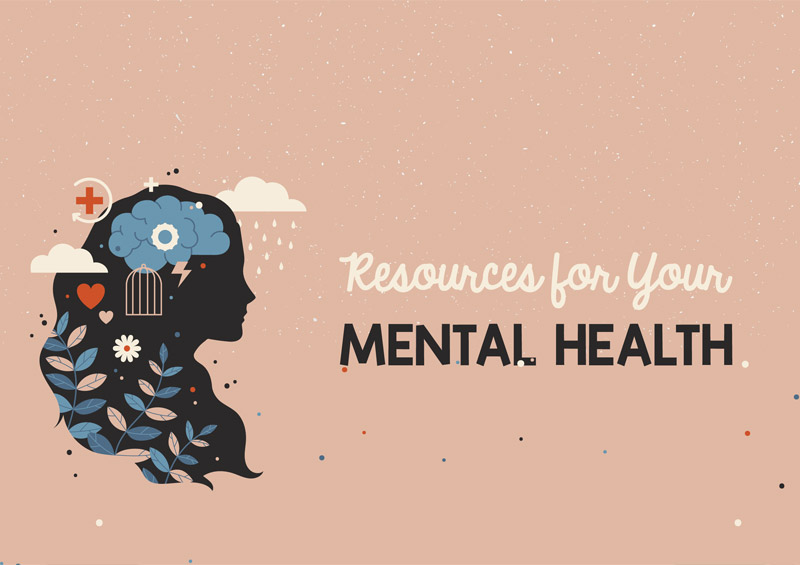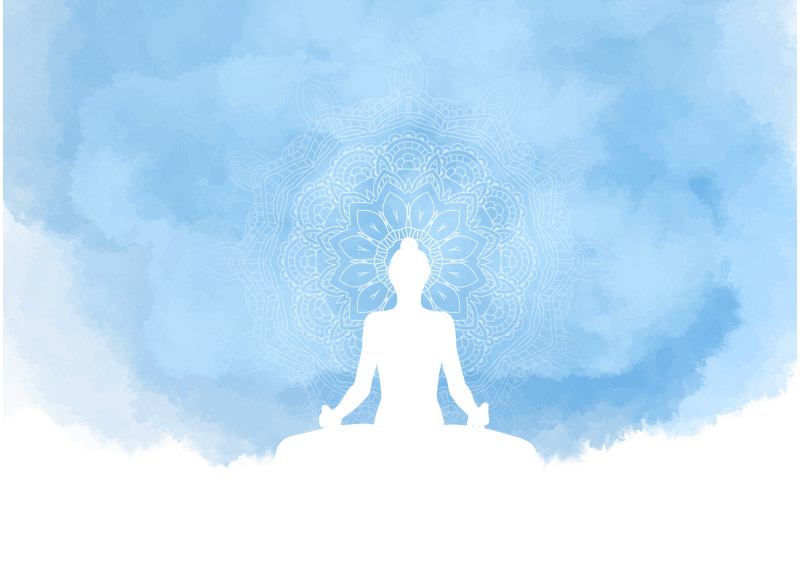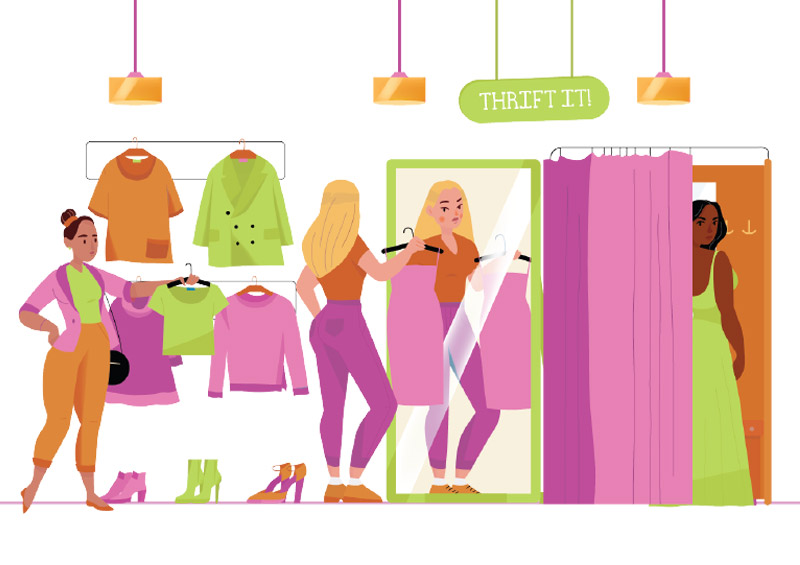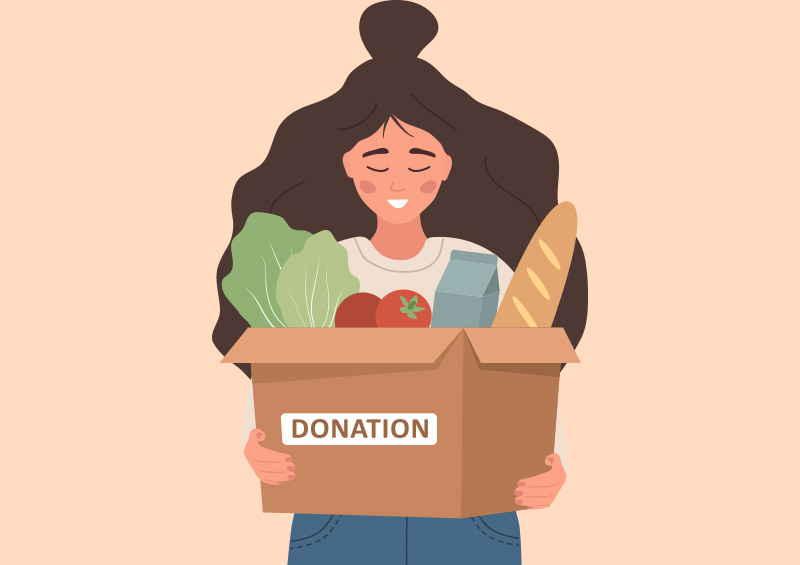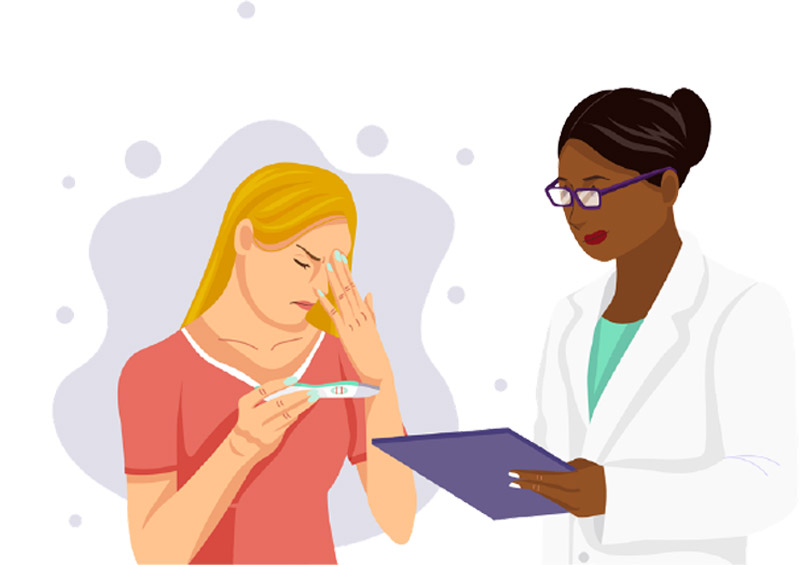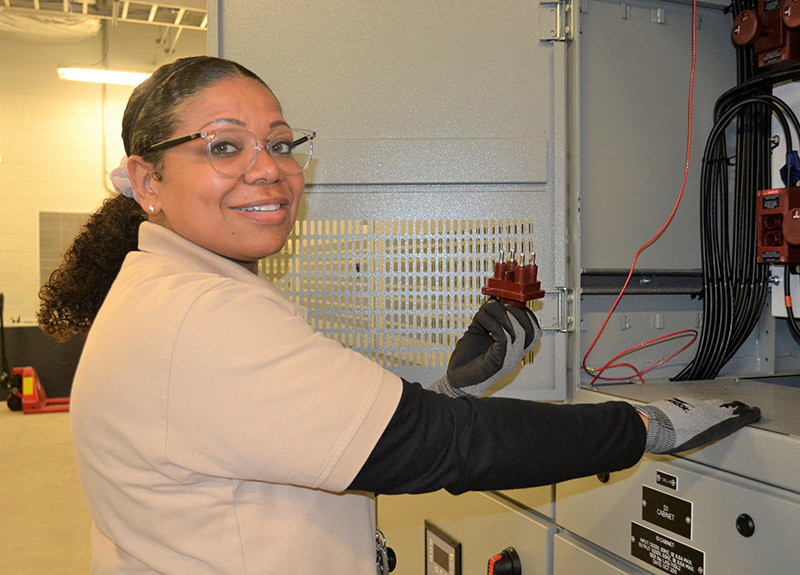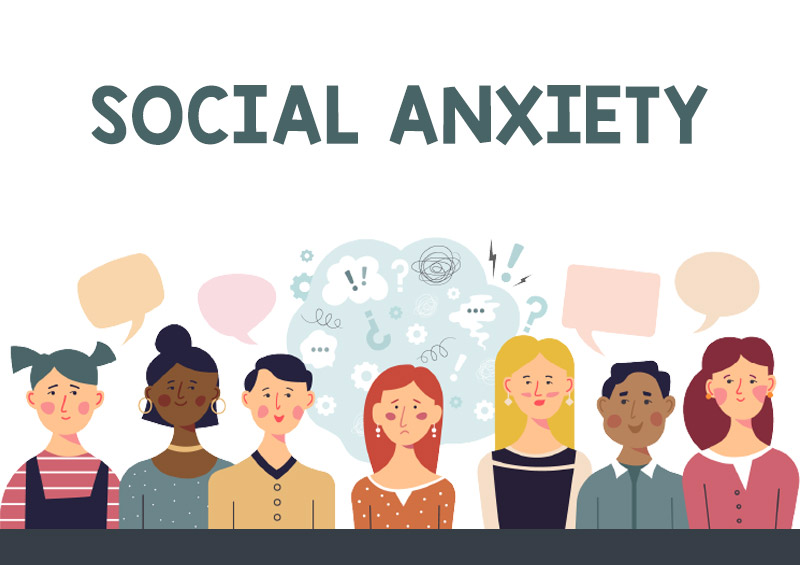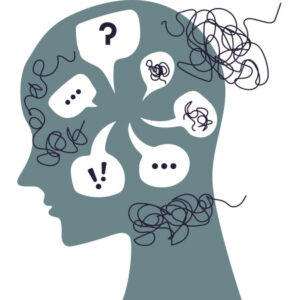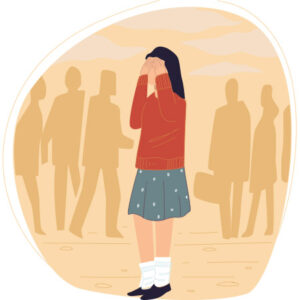How to cope:
Here are some of my favorite strategies. We all cope in different ways, so you may have to try a few strategies until you find the ones that work best for you. These strategies will take patience, time, and practice. Don’t get discouraged!
Square or box breathing
Breathe in for 4 seconds, hold for 4 seconds, breathe out for 4 seconds, then hold your breath again for 4 seconds. Repeat as needed. This will help you regain control of your breath.
Draw your breath
Grab your favorite drawing tool and draw your breath as you slow down and regain control of your breath. I like using something that glides smoothly on the paper, like a colored pencil or oil pastel. Pick a color that resonates with your emotions!
Be your own cheerleader
Speak kindly to yourself. Something as simple as “I can do this” or something more specific to your situation. In Arya’s case, she may want to tell herself, “I will have my best friend right by my side at the party.” Repeat this in your head until you feel calmer and more in control.
Practice
If presenting is scary and overwhelming, practice your presentation ahead of time. You can do this in the mirror or record it as a video or voice memo on your phone—whatever feels right for you.
Move your body
Go for a walk—notice the smells, the things you see, and the feeling of your feet hitting the ground. This will bring you back to the present.
Ask for help
Find a friend or adult who can listen or be with you through these feelings. Sometimes, just sharing space with someone can be enough to help.




